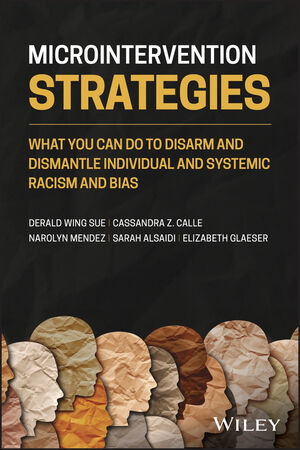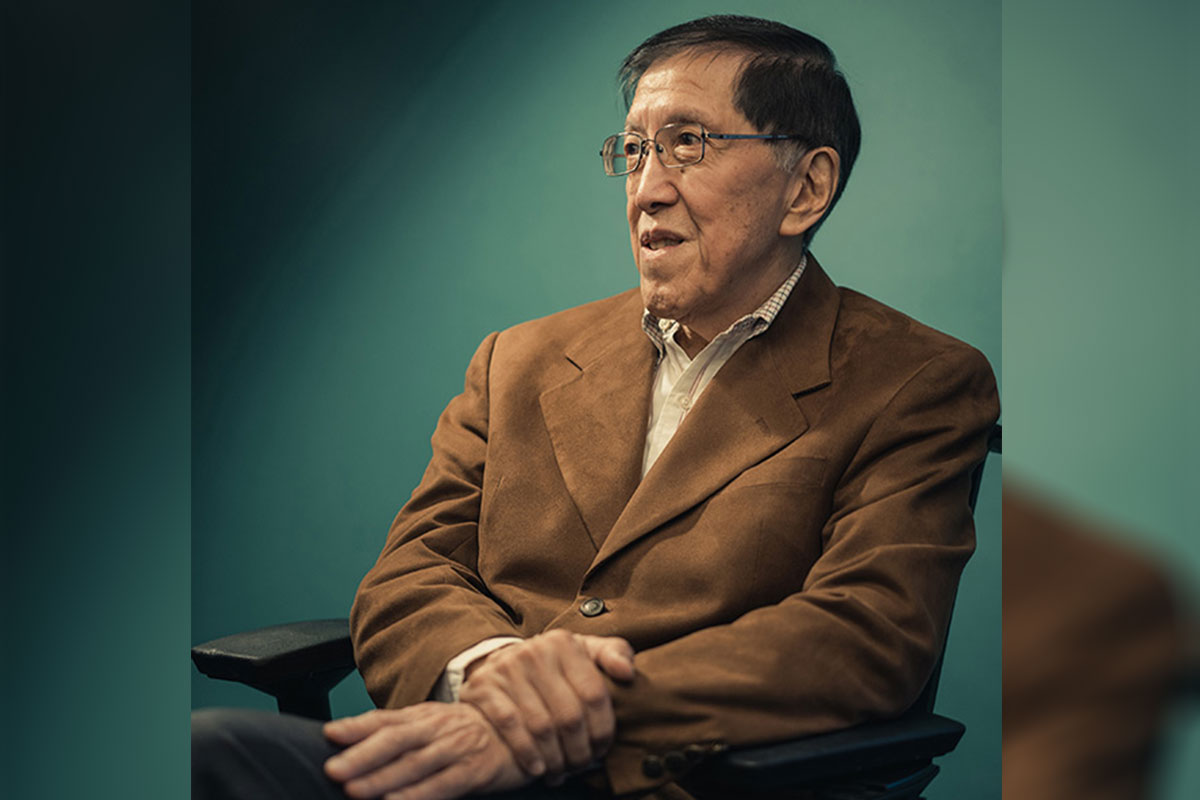In his famous Letter from Birmingham Jail, the Reverend Martin Luther King wrote: “We will have to repent in this generation not merely for the hateful words and actions of the bad people but for the appalling silence of the good people.”
For Teachers College’s Derald Wing Sue, King’s words eloquently convey the philosophy underlying “microinterventions,” the term Sue has coined to describe “the everyday anti-bias actions that can be taken by targets, parents, significant others, allies and well-intentioned bystanders to counteract, challenge, diminish or neutralize individual and systemic expressions of prejudice, bigotry and discrimination.”

AN ANTIDOTE FOR “DEATH BY A THOUSAND CUTS” Derald Wing Sue and four of his students recently published a book on microinterventions.
[Read a story about a book that Sue and his students have recently published on microinterventions. Watch the Panhandle PBS series, Living While Black, the first segment of which features Sue, and which employs a framework that Sue lays out in his book Race Talk and the Conspiracy of Silence (Wiley 2015).)]
Microaggressions often convey to targets the message that they are foreigners, criminals, dangerous, a threat or subhuman. As a society, each of us has a moral responsibility to take action against bias and bigotry.
—Derald Wing Sue, Professor of Psychology & Education
In an opinion piece published in Scientific American, Sue, Professor of Psychology & Education, briefly recaps his previous work on microaggressions, which he defines as “the everyday slights, insults, putdowns, invalidations and offensive behaviors that people of marginalized groups experience in daily interactions with generally well-intentioned people who may be unaware of their impact” – and debunks the saying that “sticks and stones may break my bones, but words will never hurt me,” asserting that “microaggressions often convey to targets the message that they are foreigners, criminals, dangerous, a threat or subhuman.”
“As Dr. King says, silence and inaction in the face of moral transgressions are complicity and collusion,” he concludes. “As a society, each of us has a moral responsibility to take action against bias and bigotry.
[Read a profile of Sue published in TC Today magazine.]
